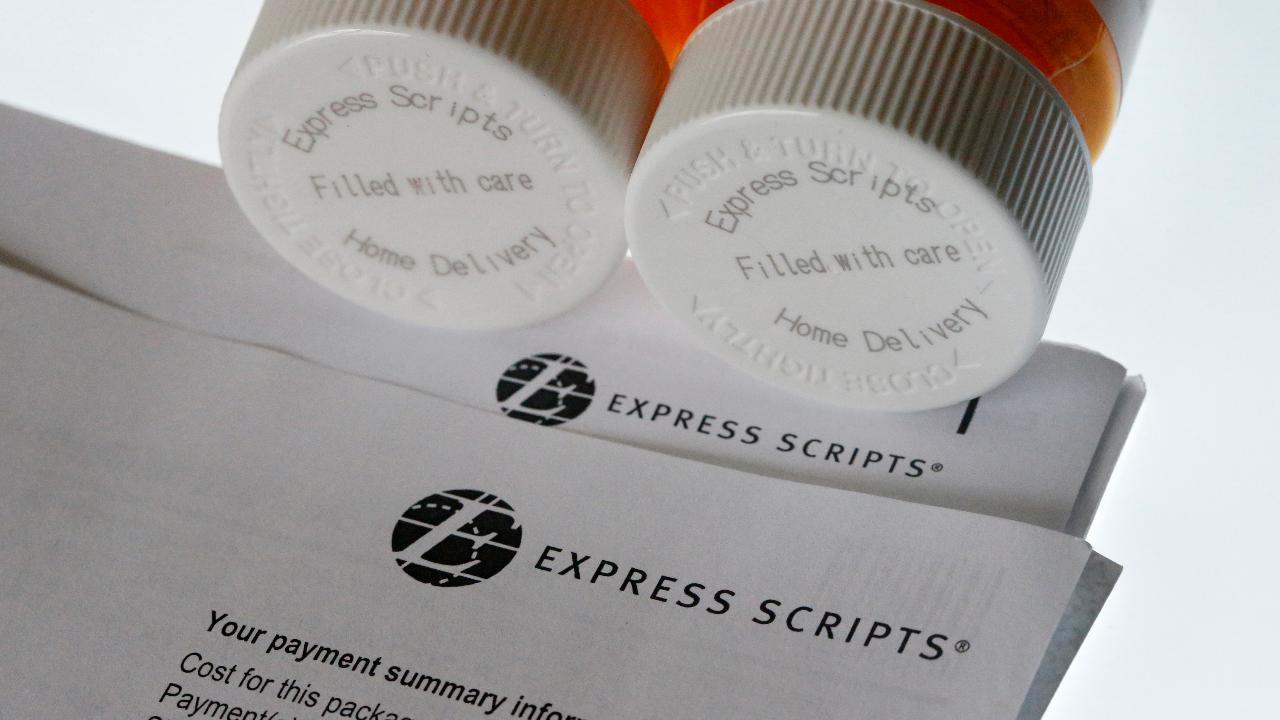Cigna, Express Scripts combo may mean less costly meds, analysts say
The combination of Cigna, a major health insurance provider, and Express Scripts, last major standalone pharmacy benefit manager, holds the possibility of less expensive prescription drugs, or at least a slower rate of cost increases. It also could help the newly created company compete with the potential threat posed by Amazon.
Cigna agreed to pay $67 billion to shareholders of Express Scripts, the biggest U.S. administrator of prescription-drug benefits, in a cash-and-stock deal that includes the assumption of $15 billion of debt. Upon closing of the transaction, Cigna shareholders will own about 64% of the combined company, while Express Scripts shareholders will own around 36%. The consideration represents an approximately 31% premium to Express Scripts’ closing price of $73.42 on March 7, 2018. Regulatory approval of the deal is expected.
While the benefit to Express Scripts shareholders is obvious – its shares were up more than 17% in premarket trading -- the combination is the latest in a series of similar mergers that could potentially reduce the cost of prescription drugs.
Specifically, the move is expected to give the combined company increased negotiating power as it haggles with drugmakers over the price of medicine, which is rising faster than inflation.
"This combination accelerates Cigna's enterprise mission of improving the health, well-being and sense of security of those we serve, and in turn, expanding the breadth of services for our customers, partners, clients, health plans and communities," David M. Cordani, Cigna CEO, said in a statement.
Americans are experiencing huge increases in drug prices: Such expenses accounted for about 7% of total U.S. health care spending in the 1990s; but by 2015 they accounted for some 12% of such spending, according to the Government Accountability Office. The sharp price increases have continued through 2017, analysts said.
Scott Knoer, chief pharmacy officer at Cleveland Clinic, said, “Drug companies raise prices far exceeding inflation because they can,” according to Modern Healthcare. "In the absence of regulation and without consumer awareness — since consumers don't generally see the price due to insurance — the sky is the limit."
E-commerce giant Amazon said Wednesday it will offer a discount on its Prime membership program — which includes free fast shipping and video streaming — to the millions of recipients of Medicaid, the public health insurance program for low-income Americans.
The price of the service will be cut in half to $5.99 a month from the normal rates of around $10.99 to $12.99 a month. Additionally, qualifying recipients will not be required to sign an annual commitment and can receive the discount for up to four years.
The move signals an ongoing effort by the Seattle-based retailer that it started last year when it announced the same discount to people receiving government food benefits, formerly known as food stamps.




















